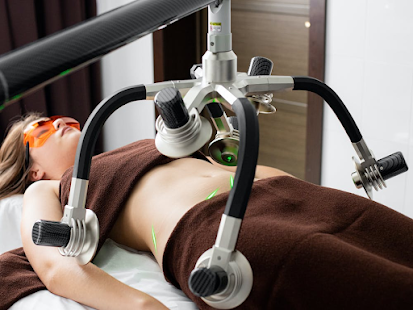Artificial intelligence (AI) and machine learning (ML) are rapidly becoming integral parts of many industries, and healthcare is no exception. With the ability to process vast amounts of data quickly and accurately, these technologies have the potential to revolutionize the way we diagnose, treat, and prevent diseases.
One of the most promising areas of AI and ML in healthcare is medical imaging. By using computer algorithms to analyze medical images, such as X-rays, CT scans, and MRI, AI and ML can help doctors and radiologists identify diseases and abnormalities faster and more accurately than ever before. For example, AI algorithms have been developed that can detect breast cancer in mammograms with a similar level of accuracy as trained radiologists. This can lead to earlier detection and treatment of the disease, improving patient outcomes.
AI and ML are also being used in drug discovery and development. By analyzing large amounts of data, such as genetic information, clinical trial results, and electronic health records, these technologies can help identify potential drug targets and predict how patients will respond to different treatments. This can accelerate the drug development process and make it more efficient, bringing new treatments to patients faster.
In addition to these areas, AI and ML are also being used in other areas of healthcare, such as precision medicine, disease prediction and prevention, and patient monitoring. For example, AI algorithms can be used to predict a patient's risk of developing a particular disease, allowing doctors to take preventative measures to reduce that risk.
However, despite the potential benefits of AI and ML in healthcare, there are also challenges that need to be addressed. One of the biggest challenges is the need for large amounts of high-quality data to train the algorithms, as well as the need for robust data privacy and security measures to protect patient data.
In conclusion, AI and ML have the potential to revolutionize healthcare, from medical imaging and drug discovery to precision medicine and patient monitoring. With continued advancements in these technologies, we can look forward to a future where healthcare is more personalized, efficient, and effective for all patients.

Comments
Post a Comment